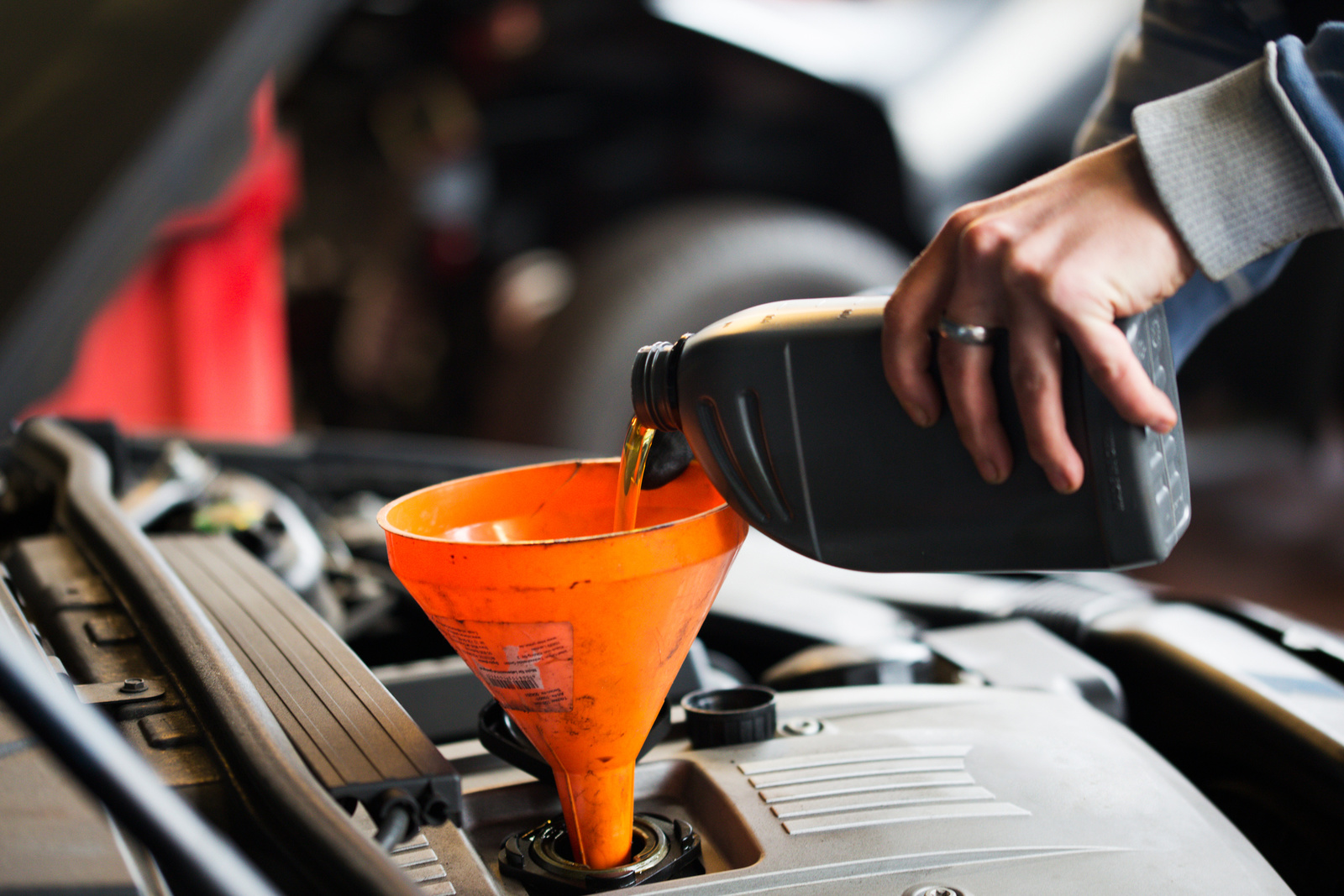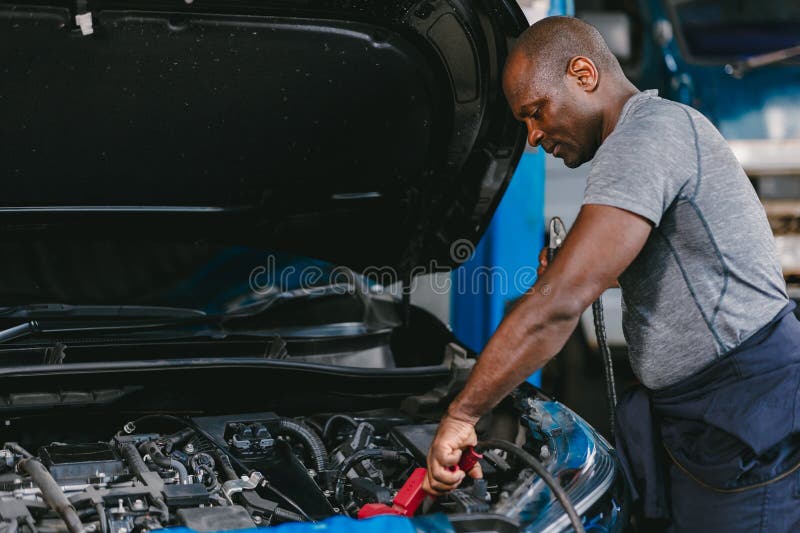All Categories
Featured
When your automobile begins to get too hot, it can be a frightening and stressful circumstance. Comprehending how to react in these minutes and taking actions to protect against future overheating can help shield your lorry and prevent costly fixings. If your auto overheats and exactly how to prevent it from occurring again., here's what to do.
What to Do If Your Cars and truck Gets too hot. Pull Over and Transform Off the Engine The very first point you need to do if your automobile starts to get too hot is to draw over to a risk-free area, such as a car park or the shoulder of the roadway. Turn off the engine immediately to avoid more damage. Running an overheated engine can trigger irreparable damages to the interior components, including the radiator and cyndrical tube heads.
Enable the Engine to Cool off After turning off the engine, provide it time to cool off. Opening the hood can aid release warmth, however beware as the engine and bordering areas may still be extremely hot. Wait at the very least 15-20 minutes prior to attempting any kind of additional actions.
Examine the Coolant Level Once the engine has cooled down, check the coolant level. Never ever open up the radiator cap while the engine is warm, as this can cause warm coolant to spray and burn you.
Examine for Leaks or Broken Pipes While you are inspecting the coolant degree, look for any type of noticeable leaks or harmed pipes under the hood. Split or broken hose pipes can trigger coolant to leak out, causing a getting too hot engine. You may require to call for roadside help or a tow to get the car to an auto mechanic. if you identify any concerns.
Ask For Support If you can not recognize the reason for the getting too hot or the issue continues after complementing the coolant, it's best to ask for roadside help. Driving with an overheated engine can create serious damages to your automobile and leave you stranded.
![]()
How to avoid Your Vehicle from Overheating. Examine Coolant Levels Consistently Among the primary root causes of getting too hot is low coolant degrees. Make it a habit to examine your coolant degrees on a regular basis and cover them off if required. Refer to your vehicle's manual for the suggested coolant mixture and upkeep periods.
Evaluate Your Radiator Your radiator plays an important role in maintaining the engine cool. Make certain there are no obstructions or particles obstructing air movement with the radiator. If your radiator is obstructed or damaged, it may not function appropriately, causing getting too hot.
Maintain Your Air conditioning System The cooling down system needs to be purged and replenished periodically. Gradually, coolant can become contaminated or shed its performance. Follow the maker's recommendations for flushing the system, normally every 30,000 to 50,000 miles.
Monitor the Thermostat and Water Pump The thermostat manages the temperature of the engine, while the water pump flows coolant with the engine. If either of these elements stops working, it can trigger the engine to get too hot. Have your technician inspect the thermostat and water pump during routine maintenance.
Prevent Overwhelming the Automobile Overloading your lorry, especially on long trips or hot days, can stress the engine and the cooling system. Be conscious of your car's weight restrictions and attempt to avoid carrying hefty tons, especially when driving in severe temperatures.
Drive with Care Aggressive driving, such as speeding or fast acceleration, can increase engine tension and warm production. Reduce, specifically on hot days or when increasing steep slopes, to lower the threat of overheating.
![]()
Final thought. If your auto overheats can prevent more damages to your engine and assist you deal with the circumstance securely, understanding what to do. By regularly checking your coolant degrees, examining the radiator and pipes, and keeping the air conditioning system, you can lower the threat of overheating. With aggressive treatment and proper maintenance, your lorry will certainly stay in excellent condition, ensuring you stay safe and prevent pricey repair services in the future.
What to Do If Your Cars and truck Gets too hot. Pull Over and Transform Off the Engine The very first point you need to do if your automobile starts to get too hot is to draw over to a risk-free area, such as a car park or the shoulder of the roadway. Turn off the engine immediately to avoid more damage. Running an overheated engine can trigger irreparable damages to the interior components, including the radiator and cyndrical tube heads.
Enable the Engine to Cool off After turning off the engine, provide it time to cool off. Opening the hood can aid release warmth, however beware as the engine and bordering areas may still be extremely hot. Wait at the very least 15-20 minutes prior to attempting any kind of additional actions.
Examine the Coolant Level Once the engine has cooled down, check the coolant level. Never ever open up the radiator cap while the engine is warm, as this can cause warm coolant to spray and burn you.
Examine for Leaks or Broken Pipes While you are inspecting the coolant degree, look for any type of noticeable leaks or harmed pipes under the hood. Split or broken hose pipes can trigger coolant to leak out, causing a getting too hot engine. You may require to call for roadside help or a tow to get the car to an auto mechanic. if you identify any concerns.
Ask For Support If you can not recognize the reason for the getting too hot or the issue continues after complementing the coolant, it's best to ask for roadside help. Driving with an overheated engine can create serious damages to your automobile and leave you stranded.

How to avoid Your Vehicle from Overheating. Examine Coolant Levels Consistently Among the primary root causes of getting too hot is low coolant degrees. Make it a habit to examine your coolant degrees on a regular basis and cover them off if required. Refer to your vehicle's manual for the suggested coolant mixture and upkeep periods.
Evaluate Your Radiator Your radiator plays an important role in maintaining the engine cool. Make certain there are no obstructions or particles obstructing air movement with the radiator. If your radiator is obstructed or damaged, it may not function appropriately, causing getting too hot.
Maintain Your Air conditioning System The cooling down system needs to be purged and replenished periodically. Gradually, coolant can become contaminated or shed its performance. Follow the maker's recommendations for flushing the system, normally every 30,000 to 50,000 miles.
Monitor the Thermostat and Water Pump The thermostat manages the temperature of the engine, while the water pump flows coolant with the engine. If either of these elements stops working, it can trigger the engine to get too hot. Have your technician inspect the thermostat and water pump during routine maintenance.
Prevent Overwhelming the Automobile Overloading your lorry, especially on long trips or hot days, can stress the engine and the cooling system. Be conscious of your car's weight restrictions and attempt to avoid carrying hefty tons, especially when driving in severe temperatures.
Drive with Care Aggressive driving, such as speeding or fast acceleration, can increase engine tension and warm production. Reduce, specifically on hot days or when increasing steep slopes, to lower the threat of overheating.

Final thought. If your auto overheats can prevent more damages to your engine and assist you deal with the circumstance securely, understanding what to do. By regularly checking your coolant degrees, examining the radiator and pipes, and keeping the air conditioning system, you can lower the threat of overheating. With aggressive treatment and proper maintenance, your lorry will certainly stay in excellent condition, ensuring you stay safe and prevent pricey repair services in the future.
Latest Posts
Just How Automobile Repair Shops Deal With Rust Avoidance and Treatment
Published Jan 06, 25
0 min read
Conserve Large on Automobile Maintenance with Sherman Dodge Service & Parts Specials
Published Jan 05, 25
1 min read
Flat Roofs for Commercial Buildings: Pros, Cons, and Installation Tips
Published Jan 05, 25
1 min read
More
Latest Posts
Just How Automobile Repair Shops Deal With Rust Avoidance and Treatment
Published Jan 06, 25
0 min read
Conserve Large on Automobile Maintenance with Sherman Dodge Service & Parts Specials
Published Jan 05, 25
1 min read
Flat Roofs for Commercial Buildings: Pros, Cons, and Installation Tips
Published Jan 05, 25
1 min read